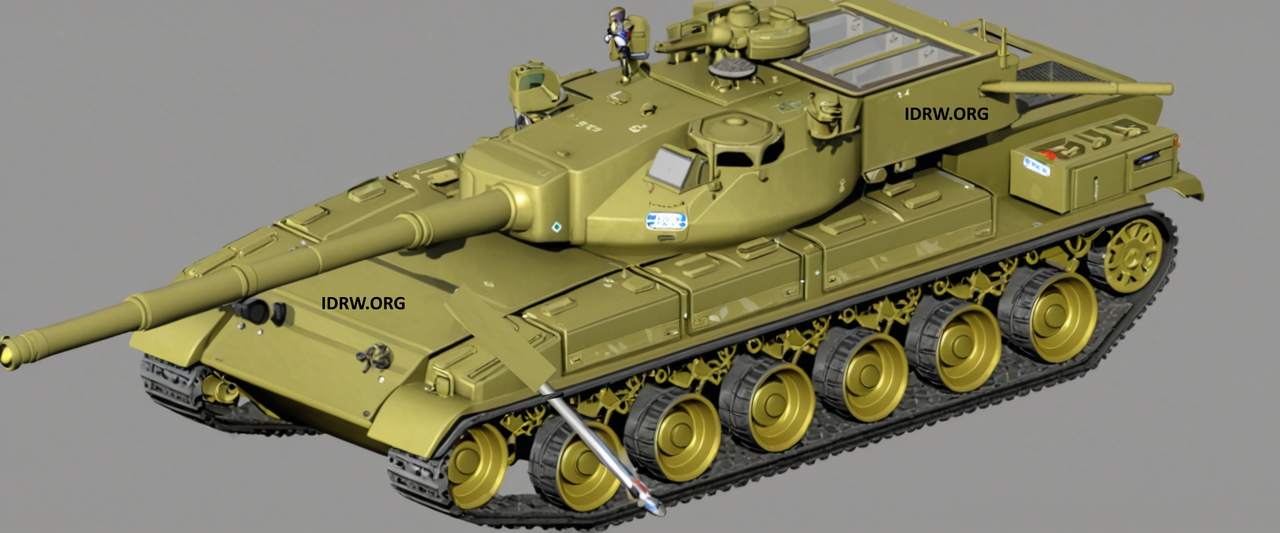SOURCE: RAUNAK KUNDE / NEWS BEAT / IDRW.ORG


The Ministry of Defence (MoD) has granted the Acceptance of Necessity (AoN) for the Indian Army’s ambitious Future Ready Combat Vehicle (FRCV) program. This marks a significant step towards replacing the ageing fleet of Russian-supplied T-72 MBTs with a new generation of domestically-developed main battle tanks (MBTs) by 2030 onwards.
The FRCV program will leverage a unique procurement model known as “Development cum Production Partner (DcPP)”. This model, categorized under the Make-I initiative of the Defence Acquisition Procedure (DAP), involves government funding of up to 90% of the project for design and development. The MoD will partner with two entities, one from the public sector and one from the private sector, to form the DcPP.
Both companies will develop prototypes based on the winning design, with each potentially incorporating minor engineering modifications. Following a rigorous 3-year trial period, the superior design will be selected for mass production. Interestingly, both participating companies will be awarded contracts, with a 60:40 order split in favour of the winning design’s developer.
The Indian Army plans to procure the FRCVs in three phases, with each batch of 550-590 units incorporating incremental improvements and advancements in technology over the previous one. This phased approach ensures that the Indian Army remains equipped with cutting-edge technology throughout the program’s duration.
The FRCV program is expected to witness intense competition from domestic players in both the public and private sectors. All submitted designs will be meticulously evaluated before the DcPP selection is finalized based on the chosen design.
Powering the FRCV will be DRDO’s indigenously developed 1500 HP DATRAN engine, along with a suite of other advanced technologies. DRDO will also be allowed to submit its design for consideration within the program.
Following the AoN, the MoD will issue an Expression of Interest (EOI) followed by a Request for Proposal (RFP). This process is expected to take approximately 18 months. After this stage, proposals will be thoroughly reviewed before declaring the winning design.
The two DcPP companies will then be tasked with manufacturing prototypes based on the chosen design, with each potentially incorporating unique internal configurations. Once the prototypes undergo a rigorous 3-year trial period, the superior design will be selected, paving the way for mass production by both DcPP companies.
NOTE : Article cannot be reproduced without written permission of idrw.org in any form even for YouTube Videos to avoid Copy right strikes. Websites doing illegal reproductions will get DMCA and Legal Notices.